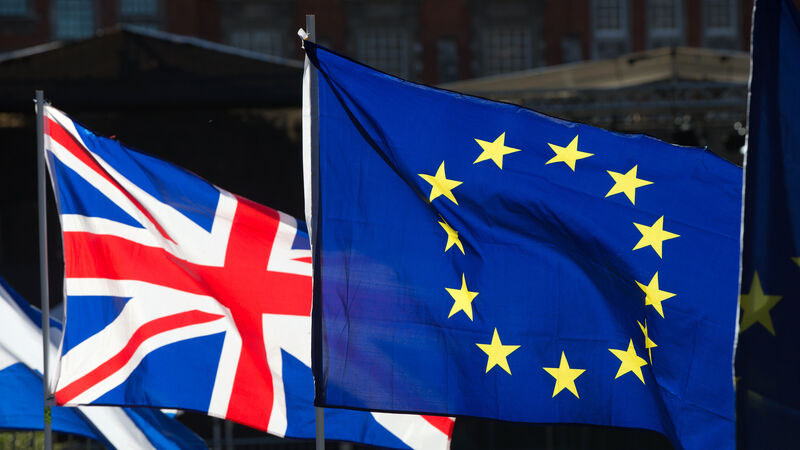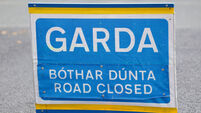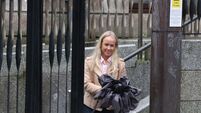Brexit investment slump 'costs UK households £1,000 each'

Bank of England policy maker said the UK 'suffered much more' from its productivity woes since exiting the European Union led to a sharp drop in the pace of business investment.
A Bank of England policy maker has warned a wave of business investment was “stopped in its tracks” by Brexit, dealing a blow to the British economy worth £1,000 for each household.
Jonathan Haskel, an external member of the Monetary Policy Committee, said the UK “suffered much more” from its productivity woes since exiting the European Union led to a sharp drop in the pace of business investment.














